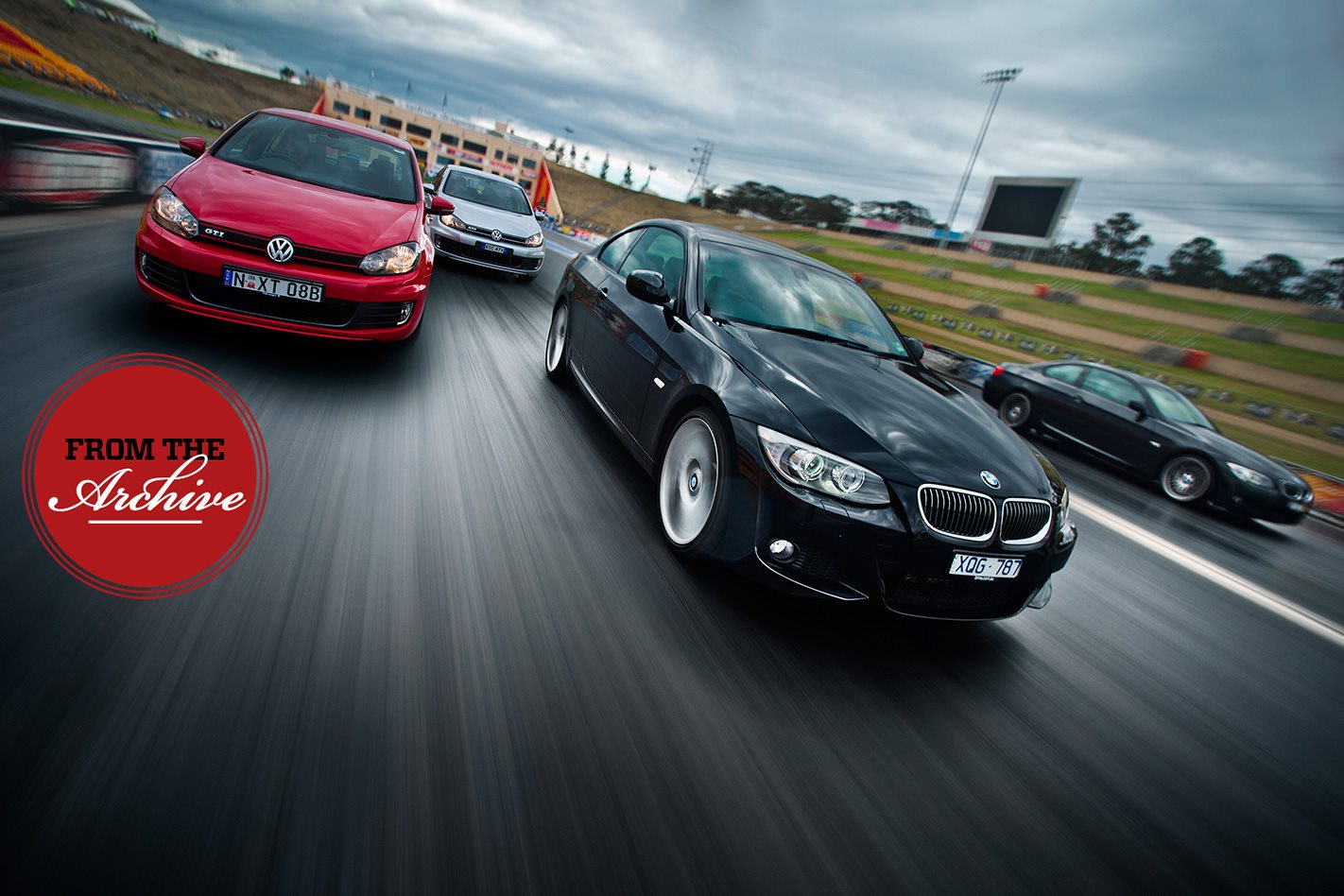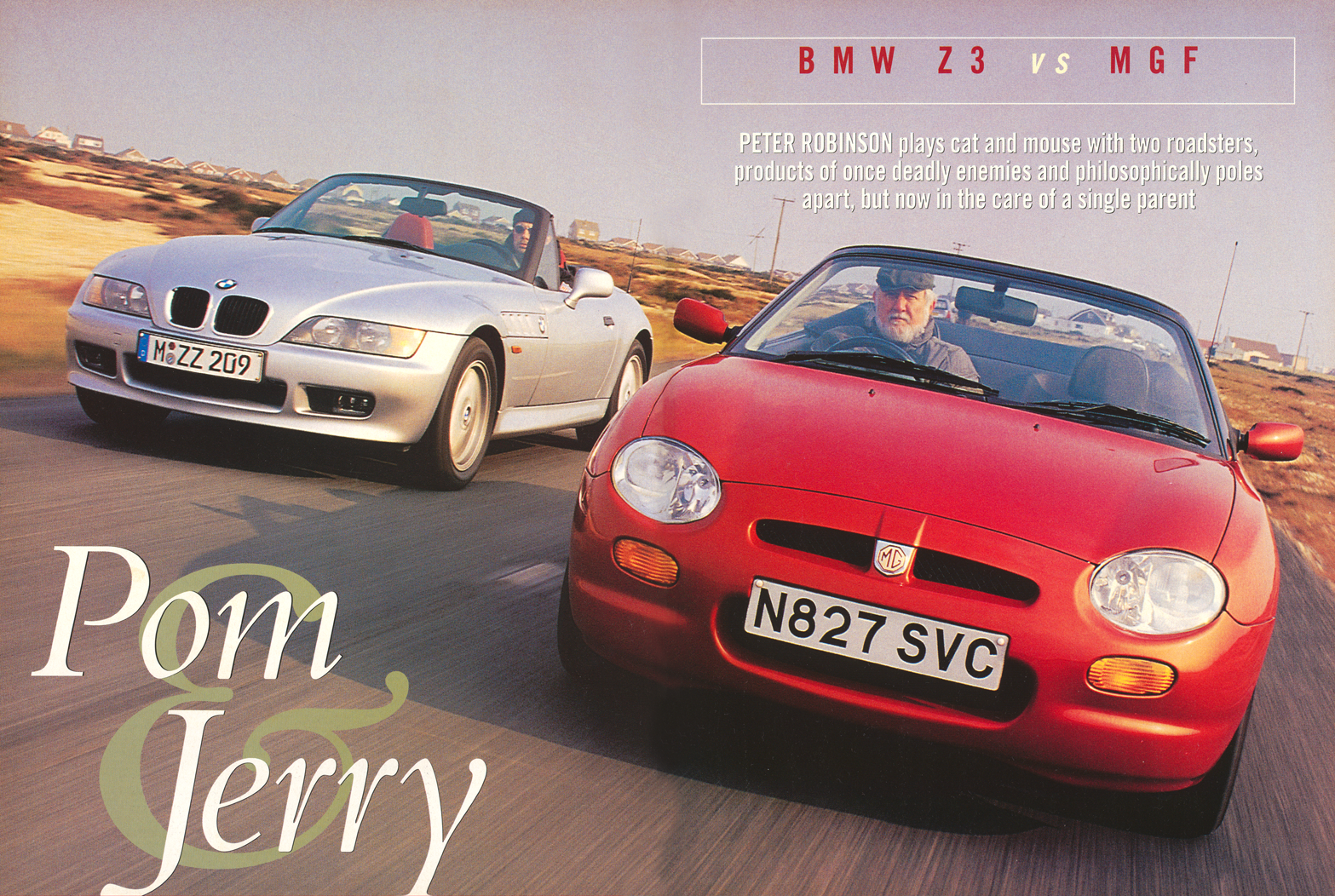First published in the January 2011 issue of Wheels magazine, Australia’s best car mag since 1953.
Is a good sports diesel a good sport, full stop? Golf and 3 Series oilers take on their petrol siblings to see which really provides the spark.
THE TERM ‘sports diesel’ is oxymoronic no longer. Back in the dark days, oiler power was reserved for load-lugging tractors which demanded torque. Then, some boffins came along and took the compression-ignition engine to finishing school. High-pressure ‘common’ rails that inject fuel directly into each cylinder increased efficiency; finely-tuned piezo injectors which vary fuel-spray loads reduced combustion noise; and particulate filters cut down exhaust soot.
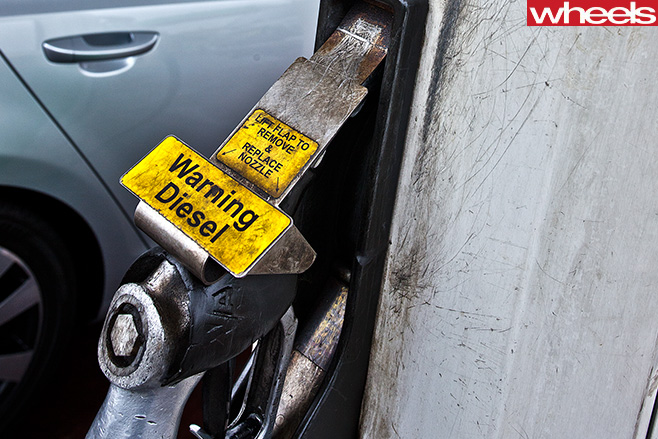
Enter the BMW 330d and Volkswagen Golf GTD – the first sports oilers that right most diesel wrongs. But can they stare down two of the best petrol-fuelled sports cars in the business, their very own 335i and GTI siblings? We’ll assess the real-world elements of price, economy, emissions, servicing costs and resale, then apply the blowtorch on the strip and in the twisties to see if diesel, finally, can fuel our fire…
BMW 335i vs 330d
Sports coupe twins fuelled by different flames; split by a cigarette paper.
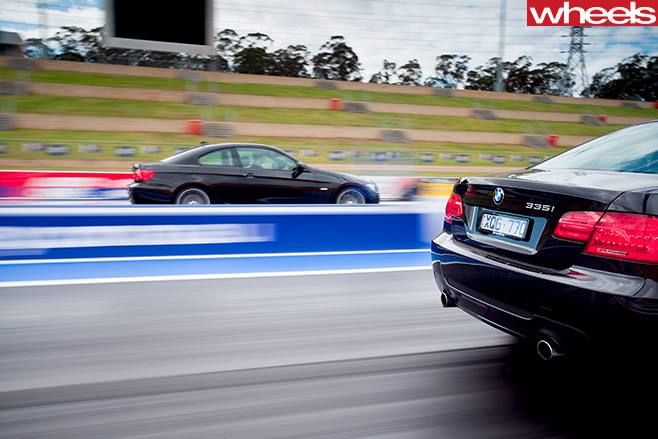
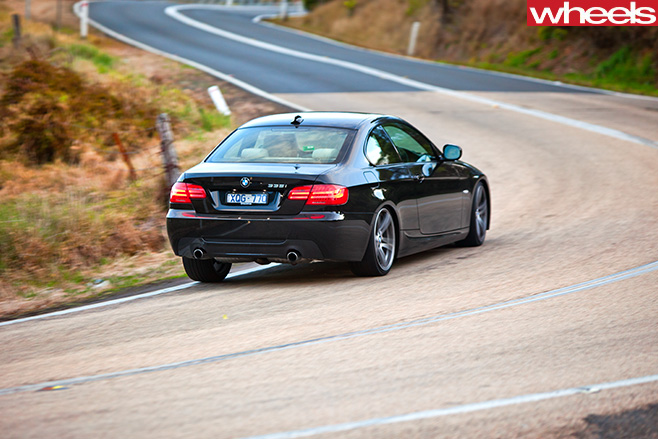
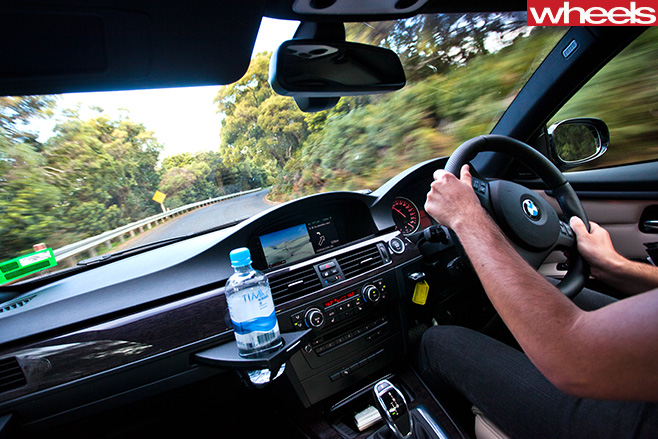
Still, there isn’t much in it, especially considering the $120,200 335i M Sport costs $21K more than a 330d M Sport. Both models have condition-based servicing, and BMW claims they’ll each require six services and will cost around $5800 over 100,000km. The 335i will retain more of its (higher) purchase price after three years – 59 percent versus 55 – but loses more ground in the economy stakes.
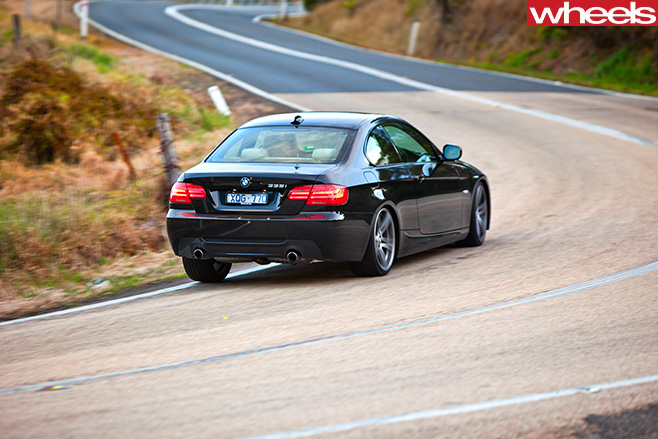
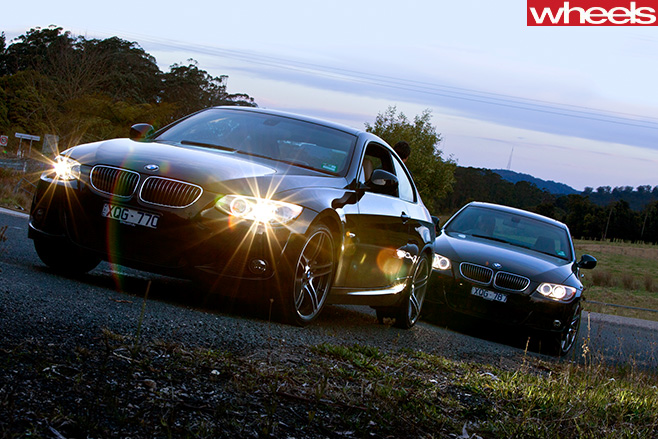
All of which means the 330d matches the more expensive 335i for performance and handling, and hammers it for economy. Only your ears will miss the wail of the petrol six. Consider it a (qualified) win to the sports oiler. Rudolf Diesel would be stoked.
Volkswagen Golf GTI vs GTD
Oil’s well in a hot hatch? Not when a petrol all-star is on your tail.
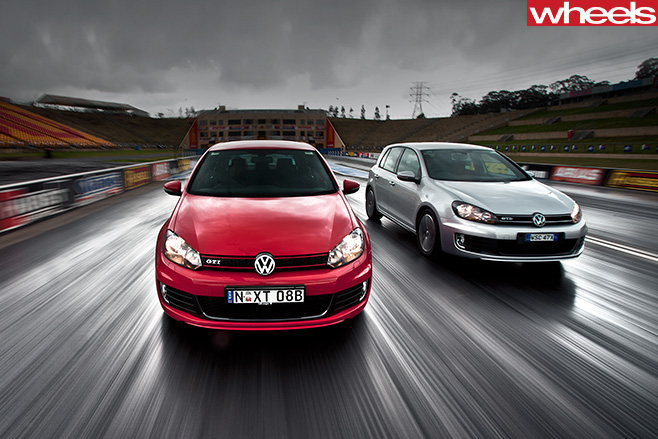
Both are a litre and two pots down on the BMW coupes. GTD’s 2.0-litre turbo-diesel four gets all the latest gear like common-rail direct injection, with nozzles that spray varied fuel quantities depending on load.
Typically for a diesel, the GTD is a big torquer, with 350Nm on tap from 1750-2500rpm. However, the same-capacity DI turbo petrol GTI’s lesser 280Nm is offered over a wider 1700-5200rpm plateau, until the full 155kW takes charge from 5300-6200rpm. GTD will happily rev to 5200rpm, but its max 125kW peaks at 4200rpm. A full second separates the siblings at 100km/h and 400m: 7.0sec and 14.9sec GTI; 8.0/15.9 GTD.
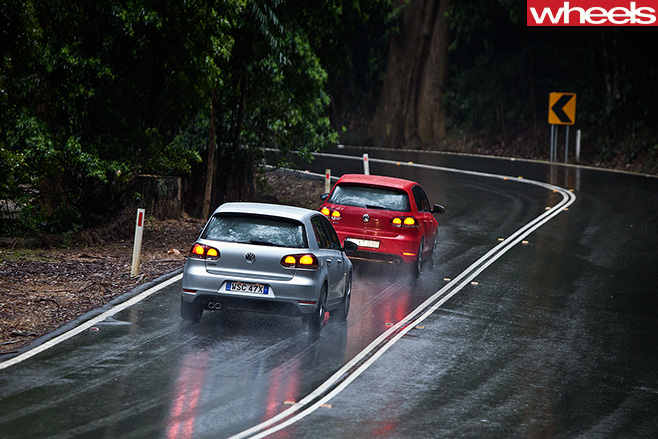
Slip each car’s Brylcreem-slick manual into sixth on the freeway and both are quiet. The GTI’s low-rpm torque means there’s no need to chase revs on hills, easing boost and therefore consumption. It returned an excellent 6.5L/100km, one-third more than the GTD’s 4.9L/100km, at an extra cost of $2.60 per 100km.
Regularly spin the GTI’s crank to 7000 revs, however, and consumption soars to 15.5L/100km. In parallel with the 3 Series, on the same ‘dynamic’ test route, the petrol GTI slurped 50 percent more fuel than the diesel GTD, meaning an extra $8 per 100km. Also like the BMWs, the diesel emitted less CO2 on test, but the GTD’s (near-equal to 330d) 131mg/km NOx output is far worse than GTI’s (five times higher than 335i) 49mg/km.
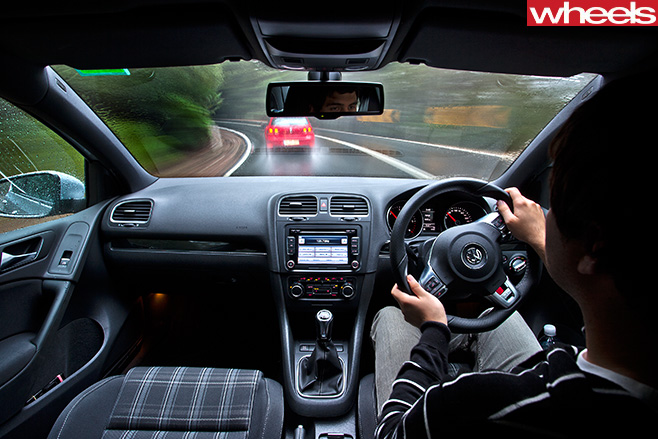
Consider the GTD’s $1200 saving up front in addition to its $340-cheaper servicing costs over 100,000km and 30-to-50 percent fuel saving, and the oiler makes good financial sense. But it isn’t as quick or sharp as a GTI, and for true enthusiasts, that still makes petrol power worth the premium.

